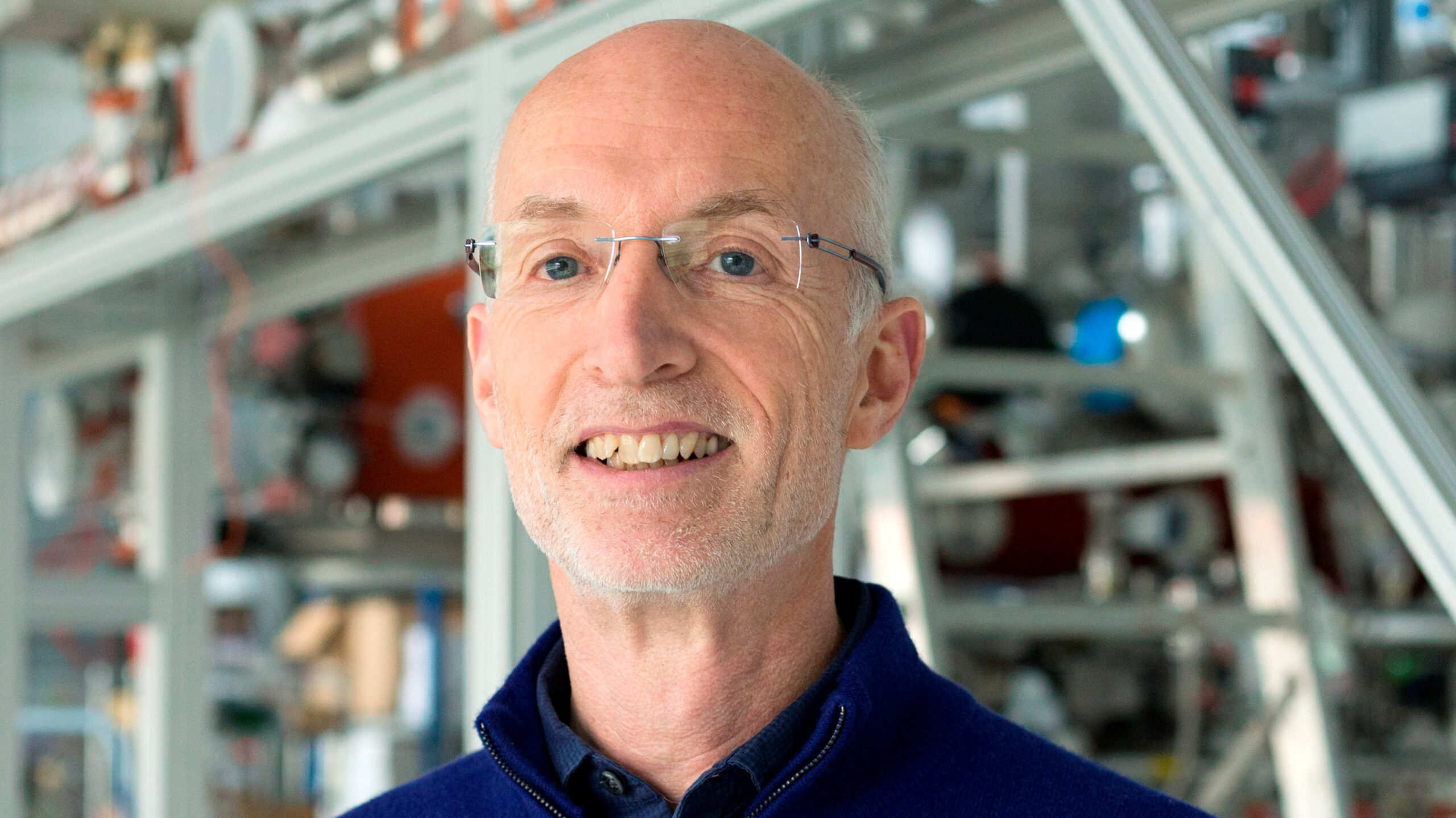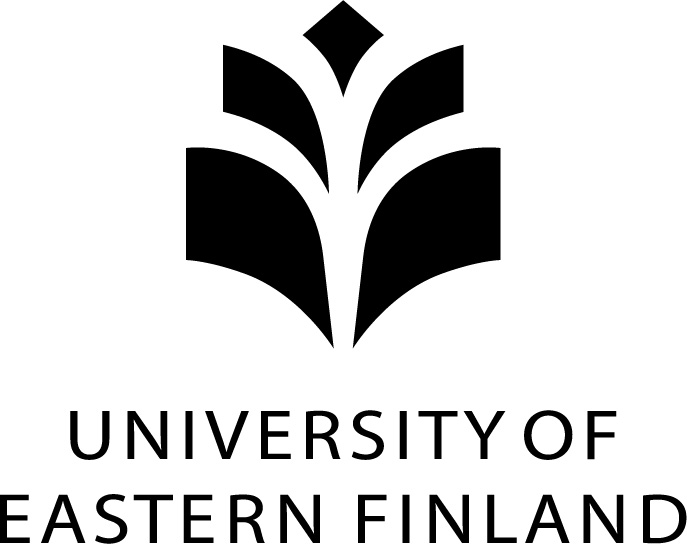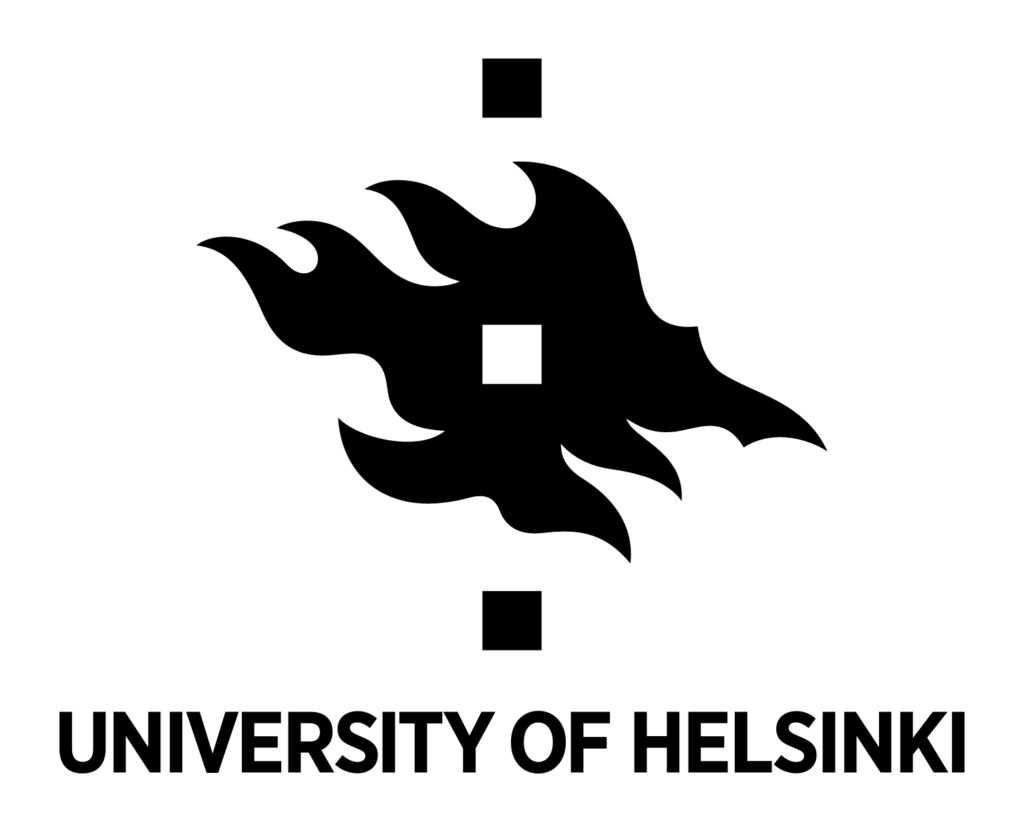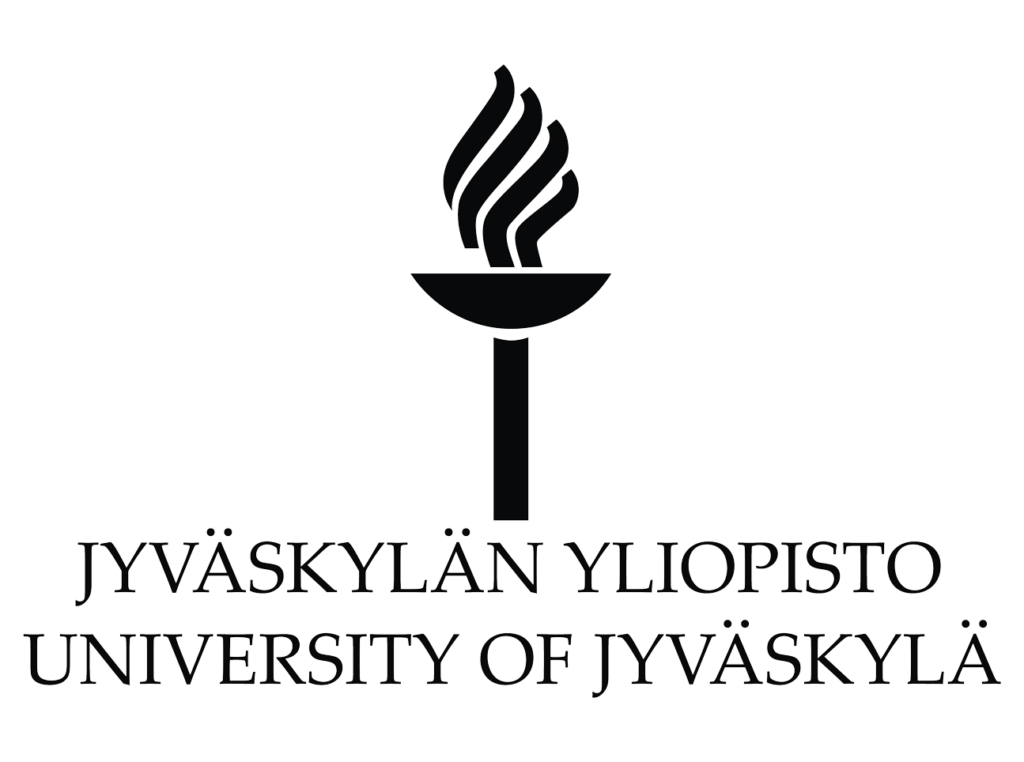Putting the Pedal Down on the Information Superhighway

Professor Stuart Parkin, 2014 Millennium Technology Prize Winner
The 2014 Millennium Technology Prize winner, Stuart S.P. Parkin, looks back on his invention that revolutionised the Internet
The development of the mechanised printing press, back in the 1400s, was
game-changing, making books widely accessible and ushering in a knowledge revolution.
Professor Stuart Parkin’s creation of an efficient spintronic device may not be quite so
well known but it, too, has had a phenomenal impact on the sharing of information.
His innovation, which he began working on while at IBM in the 1990s, allows us to read
data from very densely packed magnetic memory materials. It enabled a thousand-fold
increase in the storage capacity of disk drives and underpinned the evolution of large data
centres and cloud services, social networks, and online music and film distribution. His
work won Professor Parkin the Millennium Technology Prize in 2014.
“I particularly love the Millennium Technology Prize because it rewards technology that
really improves the world we live in,” reflects Stuart. “Winning it was an astonishing
honour for me.”
Levelling the learning playing field
Big tech giants like Meta, Twitter, Google, Amazon and other online services have
Professor Parkin to thank for making their services possible. He helped pave the way for
an era of big data that drives many aspects of the modern world, from sharing video clips
with our family to being able to quickly access the latest music, even in remote locations.
Stuart is particularly happy about the role his work has played in the democratisation of
knowledge. “In the old days, you’d have to go to a library to read a book. Now works from the beginning of time are digitised on the Internet. People in places with no other access
to books can now find all the knowledge in the world on their phones or computers.”
Data storage propelling sustainability
The environmental impact of our data infrastructure is growing as the demand for data
increases. Building a sustainable model for the future now requires storage that is
engineered to use less power and create less waste. Organisations are embracing this as
a priority issue.
Professor Parkin thinks that while there’s still much work to be done in this area, big data
continues to have a very positive environmental impact. “People note that producing
digital data uses up a lot of electricity, but it also allows us to make scientific discoveries
more rapidly because we have access to a lot of information. We can use artificial
intelligence and machine learning which wasn’t possible before. We’re accelerating our
ability to discover materials that will enable us to become more sustainable.”
Forward focused
Stuart, originally from Watford, England, is now director of Nano Systems from Ions,
Spins and Electrons at the Max Planck Institute of Microstructure Physics and a physics
professor at the Martin-Luther-University in Halle, Germany.
Following on from his spintronics work, his recent discoveries have tremendously
benefited the performance of magnetic random access memory (MRAM), a type of
nonvolatile memory that uses magnetic polarity to store data instead of electrical
charges. This has improved the speed at which computers can operate.
A major focus of his recent work has been Racetrack Memory (RTM) where data can be
stored in three rather than two dimensions. This could replace solid-state memory, including hard drives, and reduce energy consumption.
“At the Max Planck Institute, I’ve made tremendous progress on RTM which has been
detailed in high-impact peer review papers, proof of both the quality and the societal
importance of that work,” says Stuart. “We’ve been able to shrink the size of the
racetracks to more technologically practical dimensions over the past 2 years.”
Stuart believes that technology is like a language that evolves over time as we gain more
knowledge.
Awards and accolades
Professor Parkin has authored over 400 papers and has around 90 patents. As well as
the Millennium Technology Prize, he has received many honours during his illustrious
career:
1994 – The American Physical Society International Prize for New Materials
1997 – Europhysics Prize for Outstanding Achievement in Solid State Physics
2009 – IUPAP Magnetism Prize and Néel Medal
2012 – Von Hippel Award-Materials Research Society
2013 – Swan Medal – Institute of Physics (London)
2014 – Alexander von Humboldt Professorship − International Award for Research
2014 – The Millennium Technology Prize
2021 – The King Faisal International Prize for Science
The 2022 Millennium Technology Prize will be announced and awarded in
Finland on 25 October 2022. The 2022 Millennium Innovation Forum is on
25–26 October 2022.
Follow us on Facebook, LinkedIn, Twitter and Instagram for more information, updates and great content. Or sign up to our newsletter.













